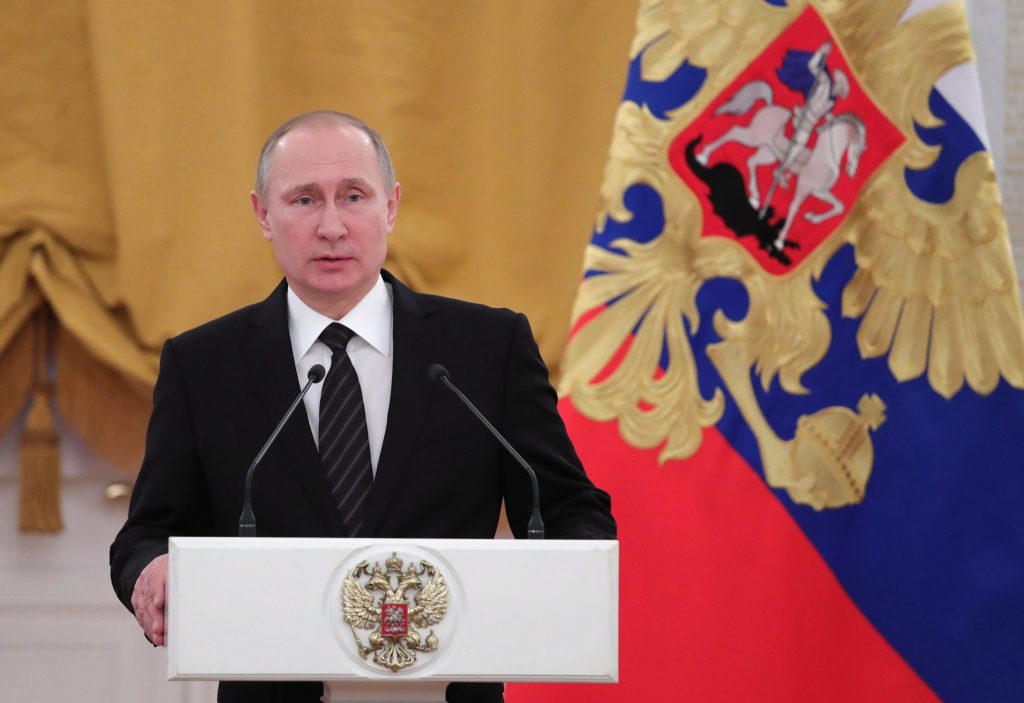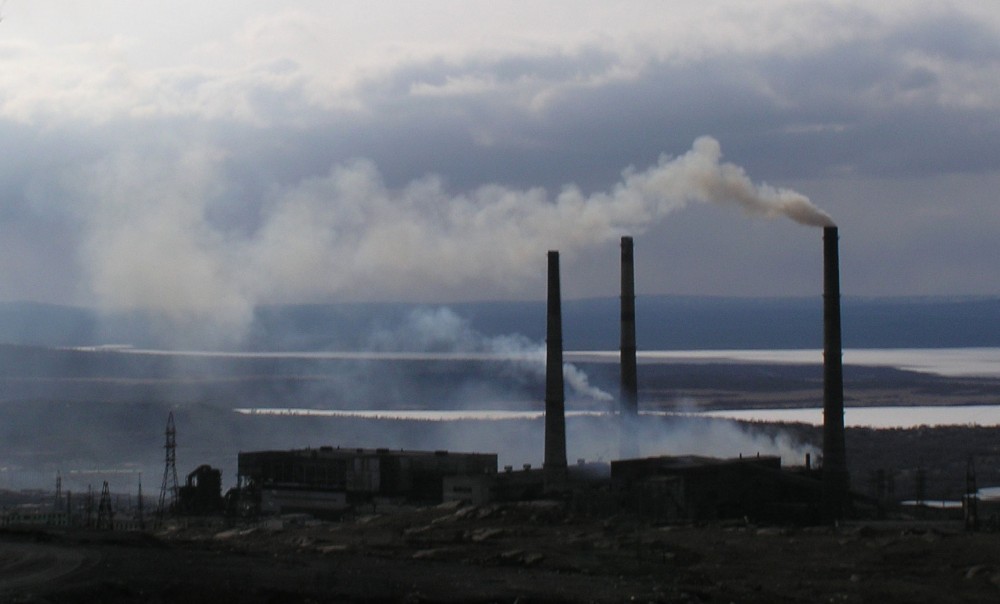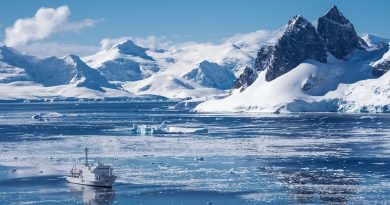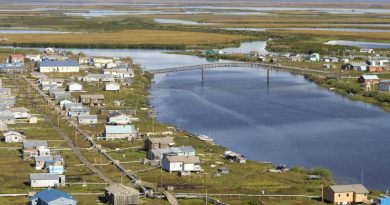Putin: emissions must be cut by at least 50%

As Russia starts its Year of the Environment, President Vladimir Putin presents a grand vision of a new and cleaner country. He demands a radical modernisation of Russian industry.
“Our main issue is to get a drastic reduction of emissions […] by means of technological transformation of industry, the introduction of the best available technology,” Vladimir Putin said in a State Council meeting devoted to environment.
The meeting was held on Dec. 27, as Russia was entering its Year of the Environment, an initiative championed by the president himself.
“The situation with harmful emissions remains extremely unfortunate; as much as half of the population in the cities lives with a high level of air pollution,” Putin said, adding that “the industry must do more to improve the situation.”
“We know that far from all companies devote sufficient attention to these questions,” the president said, and underlined that “we will allow no more postponement of measures”.
“I presume that the industry is listening to me; the required introduction of such technology cannot be postponed”.
Pollution and emissions must be cut by “at least 50 per cent,” Putin said.
Vladimir Potanin and Norilsk Nickel

Among the industrial leaders who already might have got the message from the president is Vladimir Potanin, the powerful owner of Norilsk Nickel.
In a recent interview with newspaper Vedomosti, Potanin shed light on an ambitious $14 billion development program, which will transform his company “from a polluter to a role model for environmentally friendly companies”.
Among the measures presented by Potanin is a possible closure of the smelter in Nikel, the border town in Murmansk Oblast. According to Potanin, the closure could be put in effect after 2019.
Norilsk Nickel is one of Russia’s most polluting companies, with sulphur emissions amounting to more than two million tons per year.
Challenge for Russian industry
The introduction of new technology will not only be good for the environment, Putin argued.
“This is a powerful resource for enhanced efficiency and competitiveness of domestic companies, for the whole Russian economy.”
However, the introduction of the measures will not come easy. The country’s economy been through two years of recession and growth prospects are modest for 2017. In 2016, the country’s industrial production grew by only about 0.8 per cent. Many Russian companies are struggling to make ends meet.
According to Minister of Natural Resources Dmitry Donskoy, the ambitions outlined by Putin will require investments amounting to as much as 1.5 per cent of Russia’s GDP.
Companies will be assisted with various incentives and economic stimulus measures, he assured in the State Council meeting. And pollution fines for the companies that refuse to introduce the new and best available technology will be quadrupled.
‘No way back’
An environmental report issued by the Ministry of Natural Resources in 2016 shows that air pollution in 59 per cent of Russian cities is higher than permitted and that 20 per cent of them have “high” or “very high” concentrations of harmful substances.
Russia’s current emissions of greenhouse gases are estimated to about 2,700 million tons per year.
In the spirit of an environmental activist, Putin argued that there is no way back.
“If we continue to limit the solution to half-measures and prioritise other objectives, the emissions and greenhouse gases will reach a critical level by 2050,” Putin said. “We understand very well what this means. This means that we will leave the future generations an environment unfit for living.”
Related stories from around the North:
Canada: Arsenic contamination persists in Yellowknife lake a decade after gold mine shut: study, Radio Canada International
Finland: Finnish air pollution shortens life, Yle News
Greenland: Study finds increase in litter on Arctic seafloor, Blog by Mia Bennett
Russia: Norilsk says blood-red river spill caused by heavy rain, weather report tells another story, The Independent Barents Observer
Sweden: Stockholm cleans up and passes air quality test, Radio Sweden
United States: Mining corporation a no-show in court as environmental criminal case moves forward, Alaska Dispatch News



